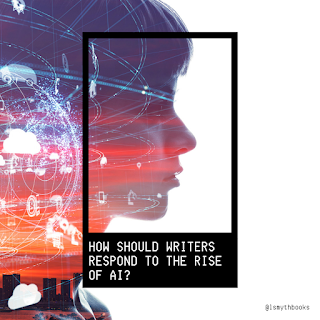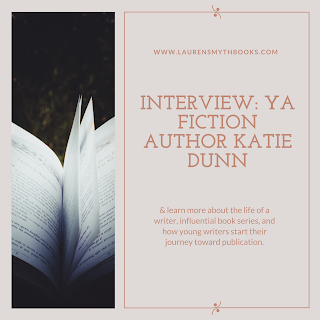How Not to Kill Creativity
I think most of us have faced this problem at some point. (If not, are you interested in switching lives? I'll even throw in a free cookie.) You have a project you want to work on, but you also have school or work or some other obligation that takes up all your time. An even worse scenario is when you actually do have the time, but you're so mentally exhausted that you can't seem to find the willpower to work on your project. Maybe your creative drive is nonexistent, so you turn to Netflix and popcorn instead.
Managing time is one of my biggest struggles. I'm a frontloader, not a procrastinator, so I tend to wake up in the morning and throw myself into my work. Of course, I have breaks scheduled into my day, but I'd get my work done faster if I skipped them. So I skip the breaks (except lunch - you can't skip lunch) and finish with whatever I'm doing by around 4:00 PM. Now what? This is generally the conversation that goes on in my head:
Smart brain: Hey, now we've got time to work on that book!
Less smart brain: Yeah, but ... we haven't read anything today.
Smart brain: Are you kidding? We read biographies and histories and -
Less smart brain: Okay, well, we haven't watched any YouTube videos about cats today.
Smart Brain: ... why do you do this to me?
The end result is cat videos on YouTube. (Have you ever seen the ones with the cucumbers?)
I've been asking myself for a while how I can finish my work and still have the energy to work on the projects I love. The only solution I've found so far - a solution which goes against my personal preferences and work habits - is much simpler than you might think. Stop, drop, and take a well-earned break.
People are only able to focus on one thing for so long - probably half an hour to an hour is the upper limit for most of us. At this point, your brain is tired and wants something new to stimulate it. So what can we do? This is the point at which you need to take a break. 'Taking a break' doesn't necessarily mean watching cat videos. It can be as simple as switching from chemistry to math for a few minutes before switching back, or playing a quick game of Doodle Jump on your phone before returning to your task. (Yes, I like Doodle Jump!)
The one catch here is that these breaks need to be planned and well-timed. Planned, because you can't just assign a random break right in the middle of your project. Well-timed, because a simple distraction like a game of Doodle Jump can totally ruin your concentration on whatever you were doing before.
There are two different kinds of breaks: 'work breaks' and 'rest breaks'. We'll define work breaks as breaks where you continue to work, but on a different project or subject, and rest breaks where you cease to work altogether and spend time doing something you enjoy.
Work breaks are best when you don't want to break your concentration, e.g. you plan to return to whatever you were doing immediately after your break. They help stimulate your brain in a different way while keeping you in a focused mode so that you don't have to re-immerse yourself in your work.
Rest breaks are best when you are finished with a subject and ready to switch to something else. For example, suppose you need to study both chemistry and math. You could study chemistry for 45 minutes, take a fifteen minute Doodle Jump break, and then move on to a completely new subject - math. Your concentration will definitely be broken by the break, but it's easy to regain it by choosing a new subject to work on.
If you can assign yourself short breaks like this throughout your day, you may see improvement in everything from the quality of your work itself to your mood after work and the amount of time that you can stay focused while working. Surrendering to the idea that you aren't an intellectual Superman who can work all day nonstop is incredibly freeing. You need breaks as much as you need work.
Of course, this idea can be taken too far in the wrong direction. Breaks shouldn't last forever, and they shouldn't be spaced too closely. Breaks are tools to help you be more productive, but it doesn't work the other way around - productivity is not a tool to help you get more breaks. Keep this in mind and consider making yourself a loose daily schedule with a few breaks built-in here and there. This will help ensure that you're spending the right amount of time on work and the right amount of time letting your brain have a rest.
Let me know if these suggestions helped in the comments below!
Stories of the Night is now available to pre-order! Click on the "Order Stories of the Night" button above to receive a 27% discount.



I struggle with this SO MUCH. Like my smart and less smart sides have the exact same argument and it ends with me binge watching YouTube for a disgustingly long amount of time... So thank you for this post! It will definitely help me out in the future. :)
ReplyDelete